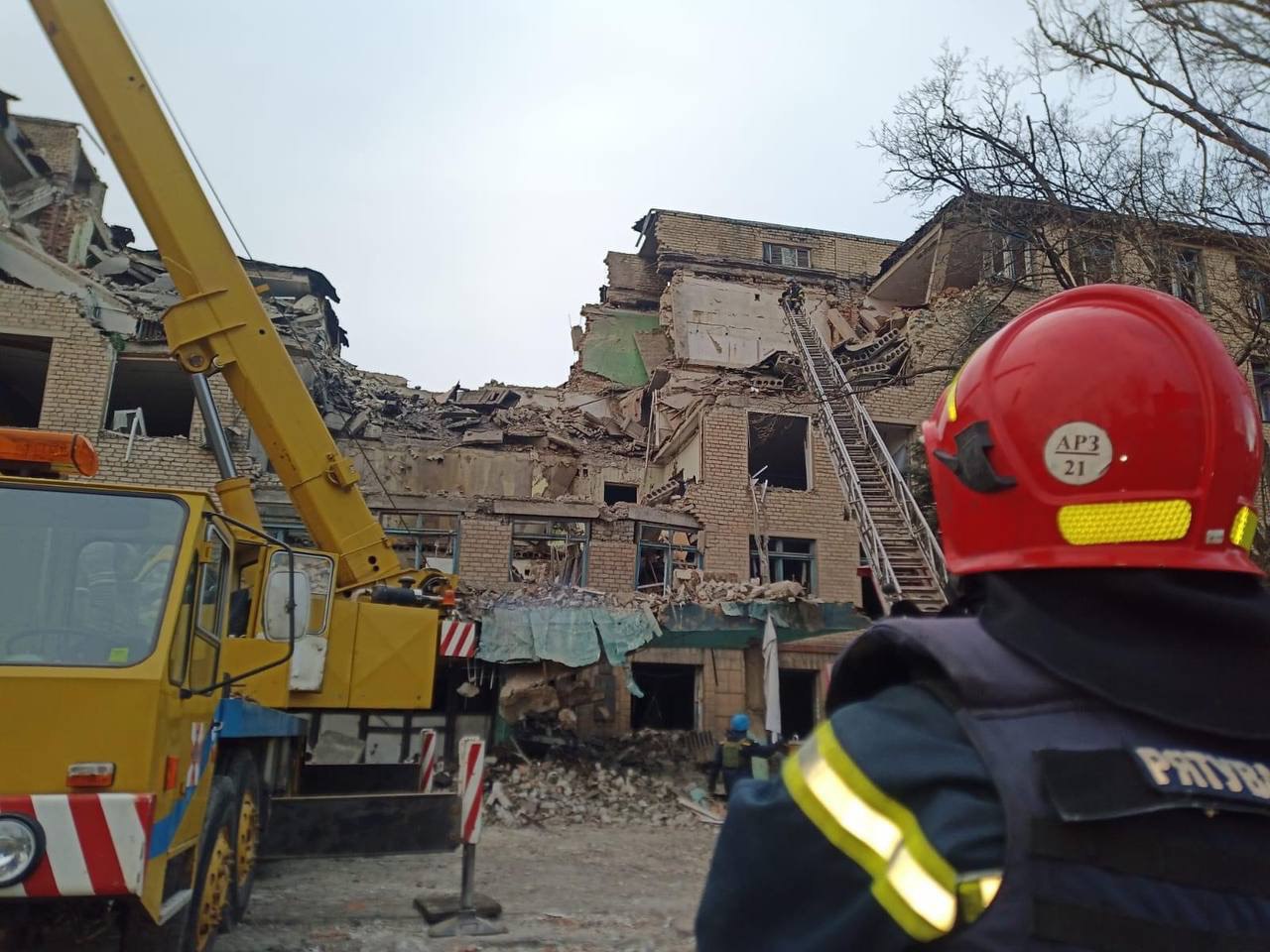Russia War Crimes Diary: Ukraine edition 25
“10 years ago, Ukraine started a new page of struggle, 10 years ago, Ukrainians launched their first counteroffensive,” Ukrainian President Volodymyr Zelenskyy said in a speech last month marking the 10th anniversary of the Euromaidan protests. “Against lawlessness, attempts to deprive us of a European future.”
The uprising that began on Nov. 21, 2013, was a response to the decision of the then-Moscow-friendly government to prevent the signing of the Association Agreement with the European Union. Protests grew as the authorities ordered a violent crackdown that lasted until February the following year.
Fast forward 10 years, and Ukraine – which became an EU member candidate in June 2022 – continues to fight for its freedom and independence as its war against Russia’s forces drags into its second year.
Today, there are more than 4,300 Ukrainians (including 763 civilians) held in Russian captivity. Meanwhile, journalists, the authorities, and nongovernmental organisations continue to record and document war crimes committed by Moscow’s forces.
‘Highway of Death’: The road to Kyiv a potential mass murder scene
The Zhytomyr highway is the main artery leading to Ukraine’s capital Kyiv, where Russia’s forces deployed their military equipment when they tried to take Kyiv – but failed – at the start of the war.
Today, the main road is a potential mass murder crime scene, where dozens of civilians allegedly were shot and killed as they tried to flee Russia’s invading forces, according to an investigation by Texty.org.ua.
“The Russians didn’t care whether it was a woman or a child, they carried out these shootings cruelly, boldly, with special cynicism…” said investigator Andrii Vyshniak. “Then the Russians burned all the cars to hide the traces of their criminal actions.”
As part of their investigation, the media outlet talked to law enforcement and investigators and created an interactive, chronological map showing where and when people were killed and subsequently burned. Read the full article, here.
Survivors of Russian captivity speak out against abuse
In the days after Russia launched its full-scale invasion, the southeastern city of Melitopol became the so-called “administrative center” for the Russian-occupied parts of the Zaporizhzhya region.
With the advent of the occupation regime, civilians in the area were abducted en masse, mainly people who were formerly part of the Ukrainian military and civilians suspected of helping Ukraine’s forces. The abductees were routinely subjected to brutal physical and psychological torture, according to journalists at the outlet “Important Stories” who talked to survivors who escaped captivity and relatives of some who are still held in captivity.
“He started beating me until I couldn’t breathe anymore,” Oleksiy, a survivor of captivity, told journalists. “He pulled out his phone and turned on a video of a Ukrainian soldier’s genitals being cut off. He took out a knife and said: ‘If you don’t talk to [the FSB officer] … next time, I’ll cut off your balls.”
Important Stories was able to identify five addresses where the abductees are still being held. Read the full article, here.
Ukrainian media outlet spotlights Russian killing of children
The English-language Ukrainian media outlet, the Kyiv Independent, has documented several cases of children who were allegedly killed by different Russian military units in different parts of Ukraine.
A 10-year-old girl, Katya Vinarska, was killed in a car on her way home with her grandparents after they encountered a convoy of military vehicles. Russian soldiers allegedly shot at the civilian car at point-blank range, killing the girl.
“She said, ‘Grandma, look’ and lifted up her shirt,” said Maria Kivshar, the girl’s grandmother, who was crying, “There was a small hole in it.”
The article also documents several other children who have been killed by Moscow’s forces since the war started. You can watch the film here.
Researchers say Russia responsible for rocket attack that killed 13
An investigation by researchers at Truth Hounds probes a missile attack on a pizza restaurant in Kramatorsk in eastern Ukraine in June that killed 13 people and injured dozens, which determined Russian forces were responsible.
Using a combination of witness and victim statements, analysing publicly available data, and studying international humanitarian and criminal law, Truth Hounds identified a Russian unit that was responsible for the attack in which Iskander-K cruise missiles were used.
Truth Hounds described the investigation as “one of the most complicated projects throughout the entire history of our work since 2014.”
While there were Ukrainian forces in the facility at the time of the attack, the researchers argue that it should still qualify as a war crime due to the harm it inflicted on civilians. You can read the full investigation, here.


